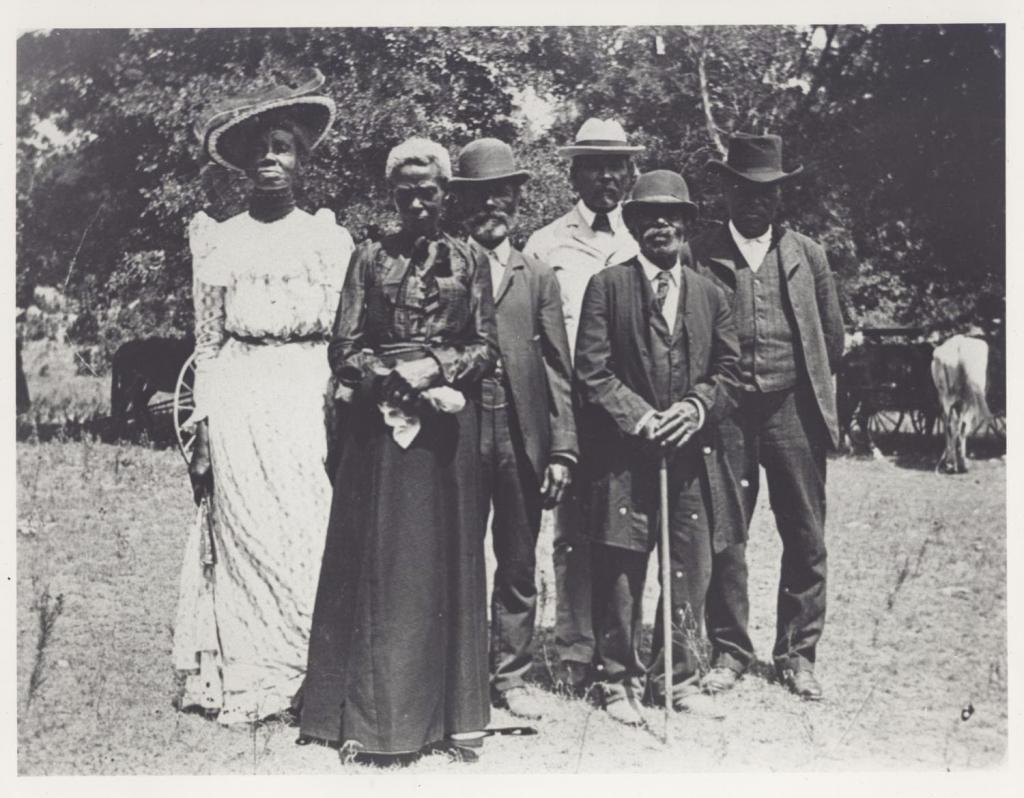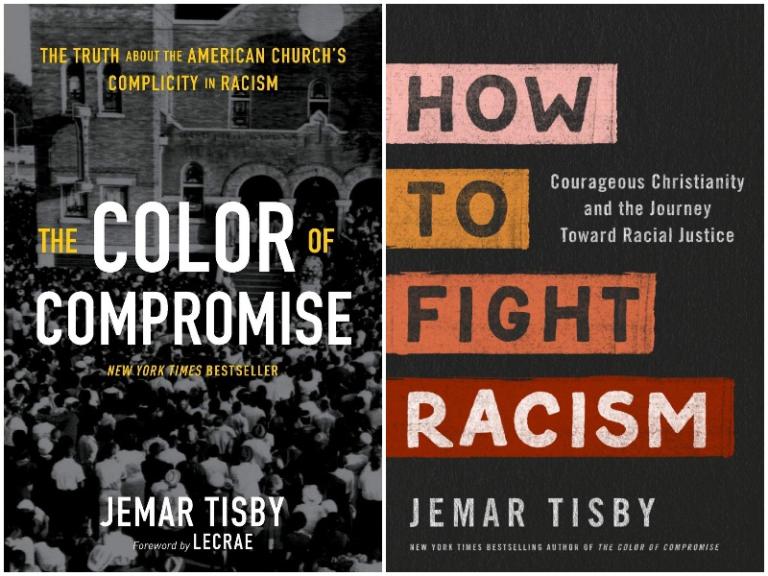Earlier this morning on Twitter Kristin shared a clip of MSNBC host Joy Reid’s interview with historian Annette Gordon-Reed, the author of a new book (part history, part memoir) on Juneteenth, the holiday celebrating the end of slavery in the United States on the date in 1865 when enslaved people in Texas learned of their emancipation.
.@agordonreed on what #Juneteenth becoming a federal holiday means: an opportunity to discuss our history. #TheReidOut #reiders pic.twitter.com/DccSrBsaPn
— The ReidOut (@thereidout) June 18, 2021
In my regular post on Tuesday, I may come back to Reid’s concern that “we’re in a moment where there are a lot of Republicans that have made their cause célèbre… saying that we are not to talk about history that makes anyone who is white uncomfortable.” But on this first June 19th that marks Juneteenth as a federal holiday, I want to honor Gordon-Reed’s observation that “one of the great things about this holiday is that it’s tailor-made for history, because people have to know what happened, when did it happen, why did it happen that way… people who are serious about it… will continue to make it a holiday where we talk about the past. Some really hard things about the past, too.”
Indeed, if we don’t use this day as a prompt to look seriously at some of the hardest things in our national history, Americans may fall into a trap that Christian historian Jemar Tisby warned against this week in the Boston Globe: “As more people recognize Juneteenth, there is also a risk that complicated historical events such as slavery, the Civil War, and emancipation become flattened and superficial in the national memory.”

So on a holiday that isn’t meant to tell what Tisby calls “a colorblind story of American triumph” but “explicitly deals with Black experiences due to slavery and the joy earned through hard-won battles,” let me encourage you to take some time to study that history. You can find lots of resources readily available online. For example, if they missed it when it debuted earlier this year on PBS, readers of a blog about “the relevance of religious history for today” might want to watch episodes of Henry Louis Gates’ documentary on The Black Church.
Or for a different way of seeing the complicated legacy of slavery in America, check out the fascinating new Netflix documentary High on the Hog, which traces Black food history from its roots in African countries like Benin to American sites as diverse as Monticello and the Lowcountry region of South Carolina.
Or you could just dig into our archives here at The Anxious Bench.
So I’ll close by spotlighting just a few of our posts on slavery, emancipation, segregation, racism, and other aspects of African American history: (this is by no means an exhaustive list… my advice would be to pick one starting point, then click on related tags or suggested next posts when you get to the end of the first essay)
• I’ll start with Tisby… Calling it a “perfect second act” after his previous book on Christian compromise with racism, Kristin wrote this past January that Tisby’s How to Fight Racism is “not a book meant to induce ‘white guilt’ or anxious handwringing. Lament is certainly appropriate, but the book is ultimately a work that prompts deep joy and resilient hope, and any enduring change will likely be fueled by both.”
• Then two guest posts from this past spring… In March John talked to historian Elizabeth Jemison about her new book, Christian Citizens: Race and Politics in the Post-Emancipation South. A month later educator Anika Prather explained the importance of the classics to African Americans like Phillis Wheatley, Frederick Douglass, Anna Julia Cooper, and Martin Luther King, Jr.
• At the start of 2021, I used Raphael Warnock’s election to the U.S. Senate as a prompt to review the history of pastor-politicians like Hiram Revels, Richard Harvey Cain, and Adam Clayton Powell, Jr. Warnock’s victory was fueled in part by the voter registration efforts of Stacey Abrams, whom Andrea had likened to another activist motivated by Christian faith: Fannie Lou Hamer.
(See also Andrea’s COVID-inspired post last summer reflecting on the nature of racism as an individual and systemic sin.)
• Since joining us a year ago, Dan has often discussed race in American politics, considering both why white Christians find it easier to condemn abortion than racism and why their Black fellow believers have become much less supportive of the pr0-life movement since the 1970s.
• Then there’s Philip’s 2020 post on race and religion during the 1793 yellow fever epidemic in Philadelphia and Beth’s that same year on looking for a vanished cemetery in Waco, Texas, Kristin’s 2019 interview with Randal Maurice Jelks on his book about African American faith stories and her 2018 reflection on a new memorial whose most striking feature powerfully evokes the lynching of African Americans, and John’s 2015 post on race and slavery in the history of Mormonism. And in 2014 our since-departed founder Thomas Kidd wrote multiple posts about slavery and violence, in the years before and after American independence.
(By the way, both Tommy and Philip have separately considered the notion that slavery represents this country’s “original sin.”)
• For my part, I’m no expert on African American history (or U.S. history more generally), but blogging has given me the opportunity to learn more about everything from the Pentecostal “godmother of rock ‘n’ roll” and the religious history of the Negro Leagues to the challenges inherent to Black genealogy and the history of racism in my home state.













